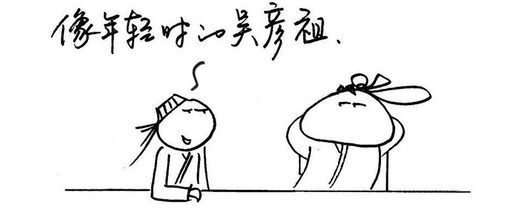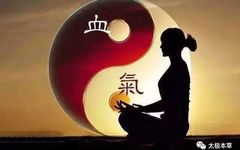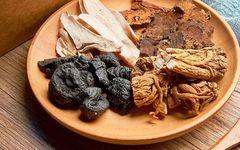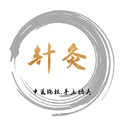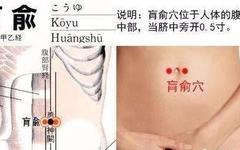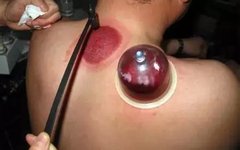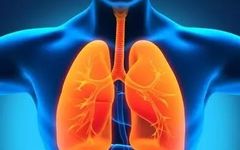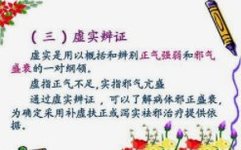Understanding the Vitality of the Five Organs through Eye Diagnosis
In Traditional Chinese Medicine (TCM), the four diagnostic methods are the foundation for syndrome differentiation and treatment. The so-called four diagnostics are observation, listening, inquiry, and palpation. Observation is the first and foremost, as “to know by looking is called spirit.” This means that a doctor can tell at a glance whether a person is … Read more

